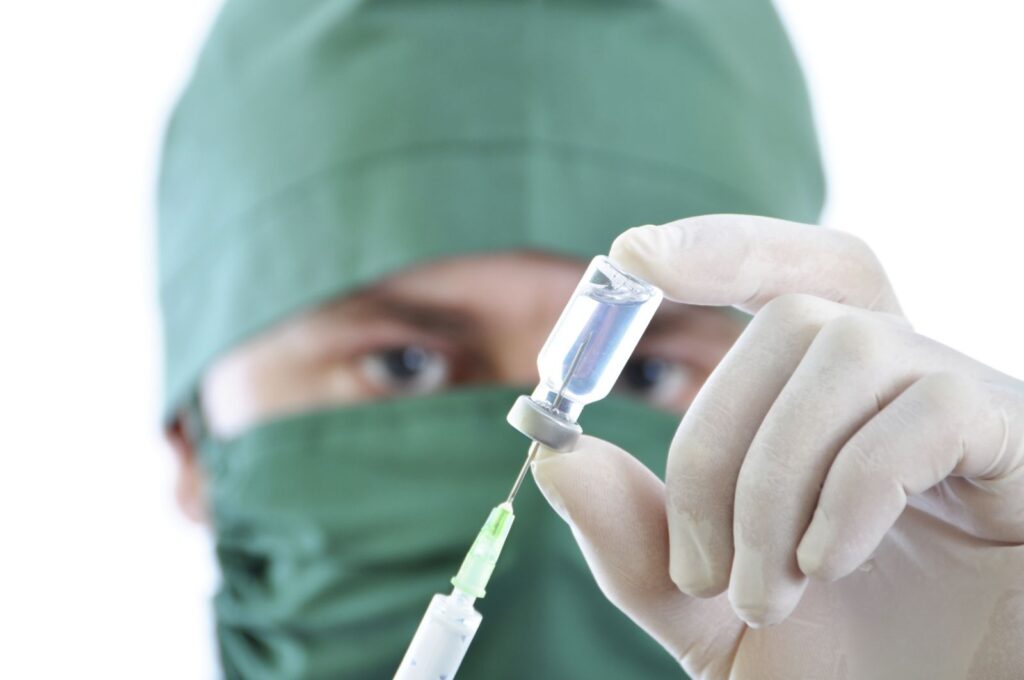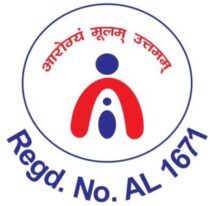

Best anesthesia in Varanasi
Looking for best anesthesia or an anesthesiologist in Varanasi? Visit kids care nursing home. One of the best anesthesia service in Varanasi.
The department of Anesthesia may be a vital department of the Hospital, managed by experienced personnel. Its activity generally associates with almost every department within the hospital. The department attends to all or any patients requiring local & general anesthesia for diagnostic and therapeutic procedures. Expert Anesthetists in subspecialties including Transplant, Pediatric, Cardiac, Neuro and Obstetrics take care of pre-operative preparation, surgical Anesthesia and post-operative care of patients. The state-of-art anesthetic and monitoring equipment supports the conduct of Anesthesia. Treatment of patients with acute and chronic pain may be a major departmental focus. Anesthesiologists also lookout of patients within the various medical care units providing vital life support using latest generation of ventilators, invasive monitoring equipment and procedures appropriate to any quite critically ill patient.
What is Anesthesia?
Anesthesia may be a medical treatment that stops patients from feeling pain during surgery. It allows people to possess procedures that cause healthier and longer lives.
To produce anesthesia, doctors use drugs called anesthetics. Scientists have developed a set of anesthetic drugs with different effects. These drugs include general, regional, and native anesthetics. General anesthetics put patients to sleep during the procedure. Local and regional anesthetics just numb a part of the body and permit patients to stay awake during the procedure.
Depending on the sort of pain relief needed, doctors deliver anesthetics by injection, inhalation, topical lotion, spray, eye drops, or transdermal patch .
What is general anesthesia?
General anesthesia affects the entire body, making patients unconscious and unable to maneuver . Surgeons use it once they operate internal organs and for other invasive or time-consuming procedures like back surgery. Without general anesthesia , many major, life-saving procedures wouldn’t be possible, including heart surgery , operation , and organ transplants.
Your doctors provide general anesthetics either directly into the bloodstream (intravenously) or as an inhaled gas. general anesthesia delivered intravenously will act very quickly and disappear rapidly from the body. this generally enables patients to travel there home sooner after surgery. Inhaled anesthetics may take longer to wear off.
General anesthetics typically are very safe. But they will pose risks for a few patients, like the elderly or people with chronic illnesses like diabetes. Also, side effects may linger for several days in some patients, especially the elderly and youngsters .
Serious side effects—such as dangerously low BP—are much less common than they once were. Still, like any procedure , some risks exist. to attenuate these risks, specialized doctors called anesthesiologists carefully monitor unconscious patients and may adjust the quantity of anesthetic they receive.
